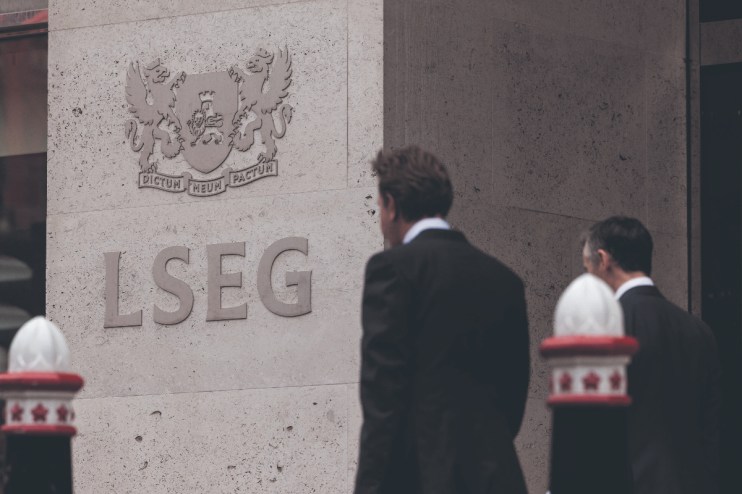
UK equity funds ended a 41-month streak of outflows last month as investors piled back into the market following Rachel Reeves’s tax-raiding Budget.
After suffering their worst month on record before in the run up to the October fiscal plans, fund flows reversed sharply as investors poured money back into the market, with buying for all equity funds reaching a new high of £3.1bn.
The inflows into funds matched the pre-Budget withdrawals as investors banked their profits to avoid increases in capital gains tax, with almost half of cash pulled in October re-entering the market in the first week of November.
“The biggest tax-raising budget since 1993 prompted a scramble to shield profits on funds from higher levies,” said Edward Glyn, head of global markets at Calastone. “But investors were keen not to be out of the market for long.”
The £317m deposited into UK funds was the first time since May 2021 that the funds have been net winners, but given that the strength came from people buying back in to the market, the streak is likely to start up again soon.
“Time will tell, but the inflow to UK-focused funds is therefore likely to be a hiatus rather than marking a break in the trend,” Glyn said.
“There is no major catalyst on the immediate horizon to prompt a wholesale resurgence of interest in the much unloved UK stock market.”
Despite the UK’s success, North American and emerging market funds that were the biggest beneficiaries of the cash flowing in, with investors committing £1.2bn, £848m and £426m respectively.
European funds also saw new money, while Asia-Pacific, income and specialist sector funds suffered withdrawals, though all at a much lower level than in October.
Fixed income funds saw inflows rise to £764m, reversing their sell-off throughout August and September, while cash into money market funds reached its lowest since April at £131m.
However, other funds did not benefit from the post-Budget boom. Property funds registered their 14th consecutive month of withdrawals, losing £39m throughout November.
A total of £7.8bn has been pulled from the funds over the last six years, but November’s number was slightly better than the £45m in outflows in October.
“The asset class is more marginal in itself and prone to cycles of boom and bust, but investors are still pessimistic and the open-ended fund structure no longer has the confidence of many investors and so the outflows continue,” said Glyn.